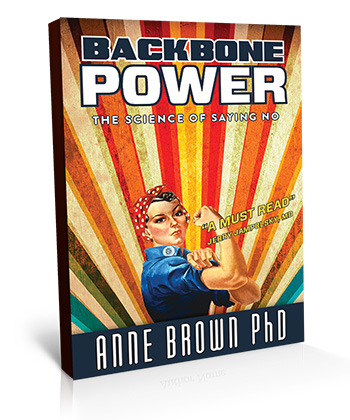If you have been traumatized by conflict, you may avoid it at all cost. Unfortunately, that can lead to some pretty damaging behavior that puts you more at risk physically, emotionally, and financially, than the conflict itself.
Let’s look at some guidelines to resolve conflict with dignity and safety so you can look forward to “cleaning things up” rather than contorting to avoid the cleanup.
Identify the conversation you would like to have with the other person and pick a time that is mutually convenient.
“I’d like to have a conversation about finances. What is a good time for you?”
Take breaks if you get tired or overwhelmed, or just want one. “This was a good start. Let’s take a break and get back to the conversation tomorrow. Does that work for you?”
Avoid name- calling and personal attacks. “You idiot. You’re so stupid.”
Compliment whenever possible. Acknowledge the other person’s strengths. “You’re such a good father/husband/wife/friend. You are such a good provider. You care about us.”
Apologize when it’s called for. “I’m sorry I didn’t bring this up earlier. I apologize for keeping this information from you.”
Avoid absolutes like “always” and “never”. “You never compliment me. You never help with the kids. You’re always working.”
Register complaints in a respectful way, if you feel you must let the other person know what he or she is doing that triggers or offends you. “I was offended by your name calling. I was offended when you didn’t call when you weren’t going to show up for our planned meeting.”
Simply make your request or ask for the new behavior.” I’d like us to speak respectfully even when we are angry. I’d like you to let me know if you can’t keep an agreement.”
Acknowledge the success of the conversation, negotiate, and/or agree to disagree. “You want me to pay $1000 and I am only comfortable paying $600. Let’s agree to disagree and revisit this conversation tomorrow.
The more you “lean in” to the tough conversations, the more competent you will finally be in an area you have avoided. Start with the easier issues and move into the more difficult ones. Give your self the gift of having the ability to welcome cleaning up your issues rather than turning yourself inside out to avoid your issues.
“Stress is not what happens to us, it is our response to what happens, and response is something we can choose.” Maureen Killoran
© Anne Brown 2015. Permission needed for reproduction in any form.
Follow me on Twitter @scienceofno for more interesting updates!




 Facebook
Facebook LinkedIn
LinkedIn Twitter
Twitter Youtube
Youtube StumbleUpon
StumbleUpon